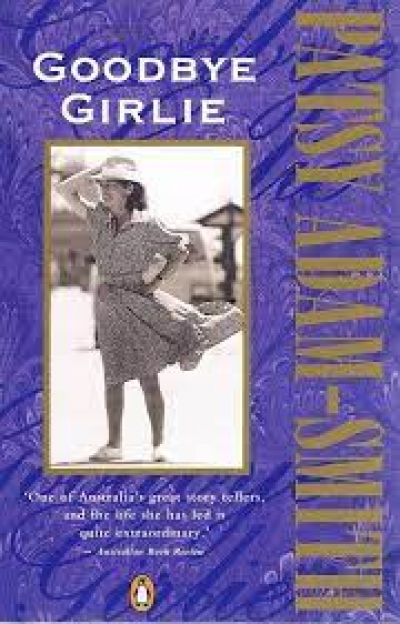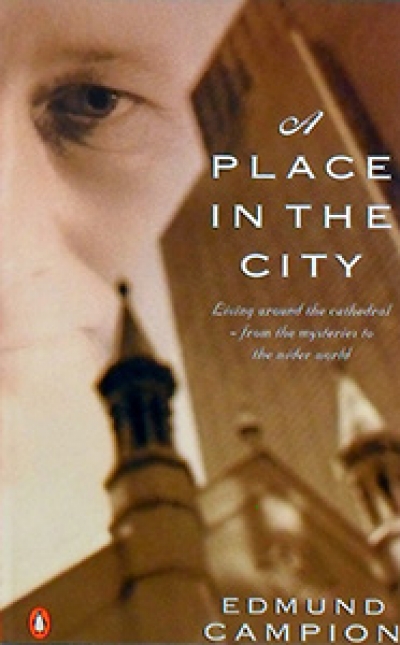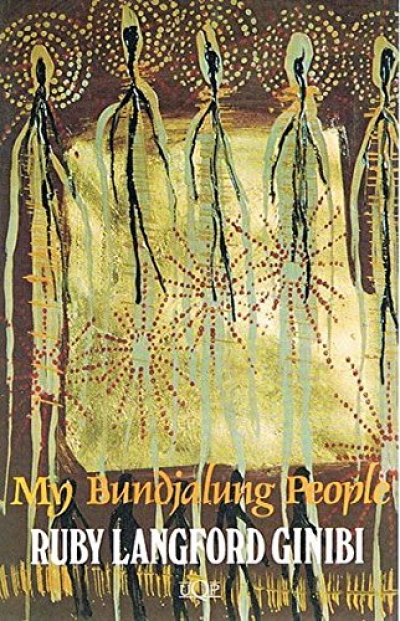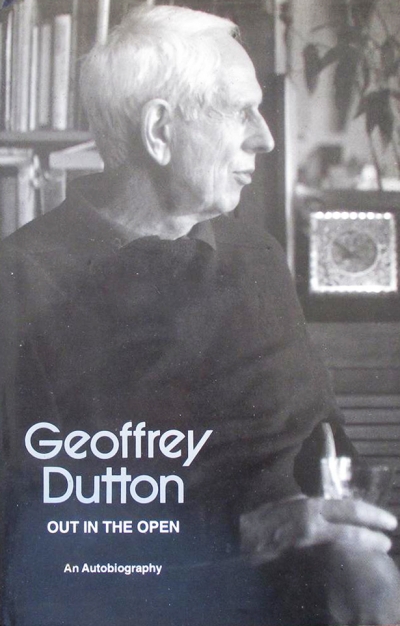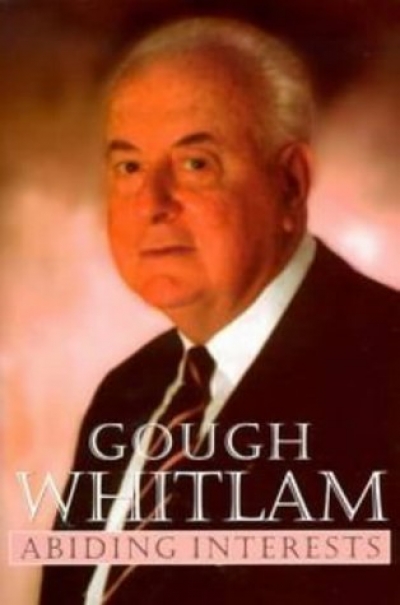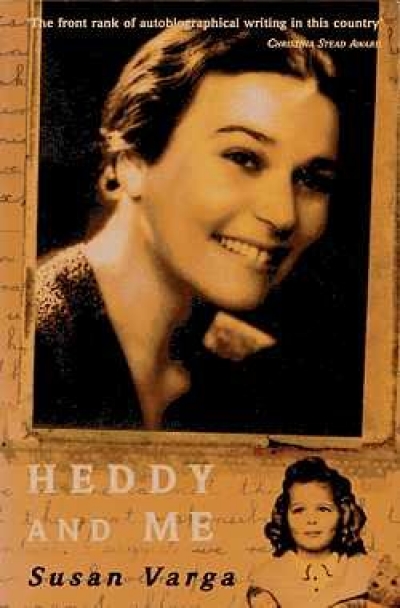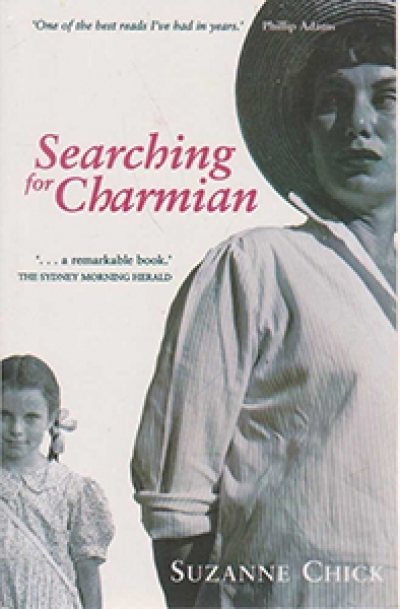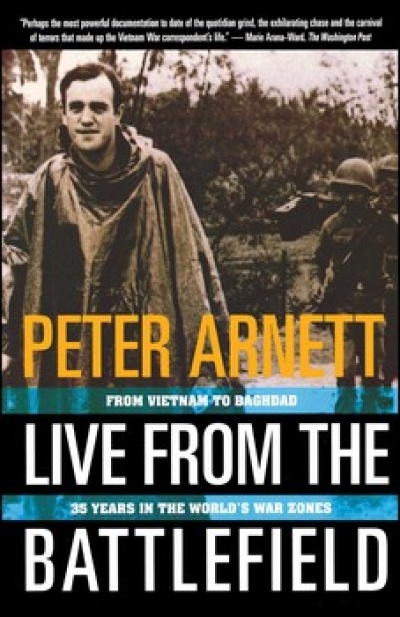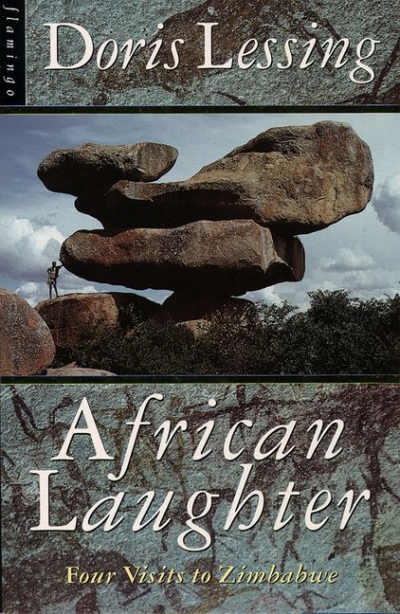Memoir
There is one kind of writing that, unfailingly, moments after I start it, stiffens my wrist till it’s too painful to go on. It must be genetic because my daughter has the same condition. Diary-writing, filling up a Daybook or whatever. Consequently, I keep no journal or notebook of any kind. I did once, in a red exercise book, for a month, on the Strathnaver from Tilbury in 1954. I’ve read it. Embarrassing! And just now I’ve been prospecting the diaries my father gave me as Christmas presents, one for 1953, the other for 1954. The later one opens in Hampstead and closes in Black Rock, swearing on the last page (to whom, I wonder, Her Majesty herself?) that Rule Britannia will never, as far as this lad is concerned, tum into Waltzing Matilda. Oh dear!
... (read more)
